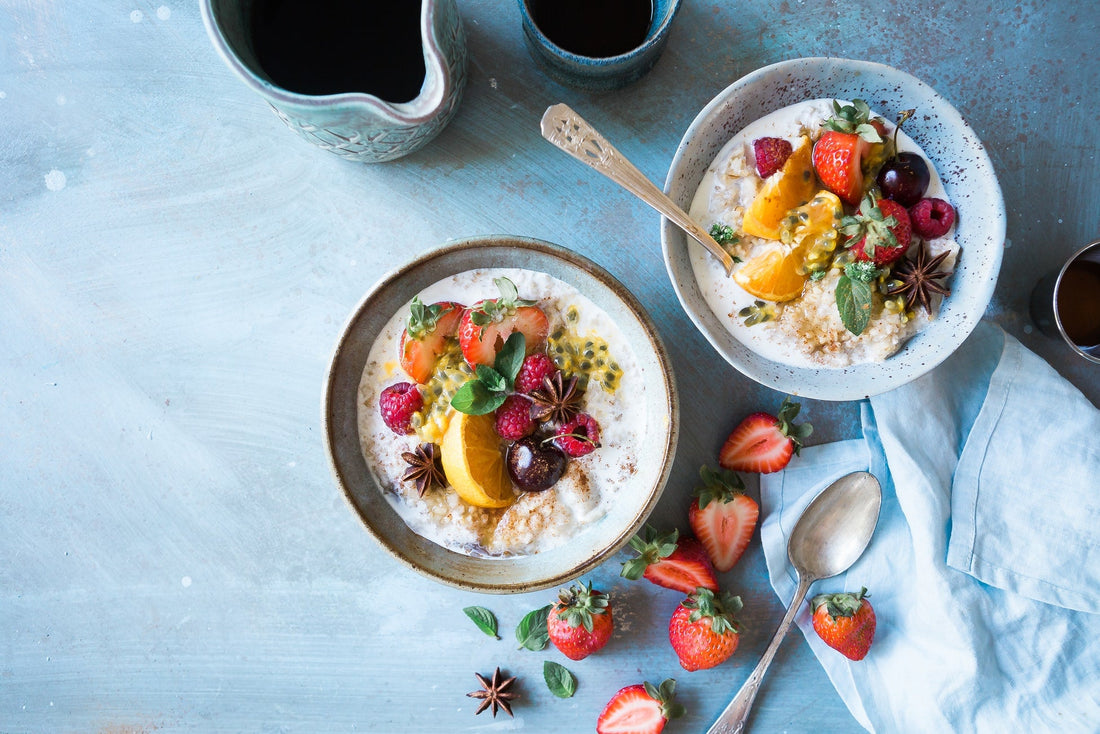4 Lifestyle habits that decrease your collagen production

As we know, collagen is a hugely important skin protein, keeping our bodies firm, springy and supple. You’ll find collagen not only in the skin but in your nails, connective tissues, bones, muscles, and blood vessels. Not only is it the glue that holds us together, but it’s what keeps us feeling and looking young. Our bodies naturally produce collagen every day for repair and renewal but from our early to mid-20’s the rate of collagen production slows down. We can start to lose 1.5% of collagen each year; this can increase with the following lifestyle choices:
Smoking
The negative effects of smoking are widely known, but many people may not understand the extent it can affect the health of your skin. When the skin comes into contact with the smoke, it drastically reduces blood flow in the blood vessels and as a result turns naturally produced collagen dry and weak, eventually dying. When smoking regularly occurs it can turn the skin discoloured and dry.
Sun exposure
Unprotected sun exposure can be detrimental when it comes to the health of your skin, UV damage can cause collagen to break down at a faster rate than the normal ageing process. It does so by penetrating the dermis (the middle layer under the surface of the skin) which can cause a build-up of elastic fibres and develop wrinkles. UV damage also promotes the production of free radicals and therefore increases the number of enzymes that are responsible for breaking down collagen.
To look after your skin make sure you’re wearing Proto-col's Intense Protection Day Moisturiser SPF50+ every day, even when it’s not forecast to be sunny.
Diet
Not getting the right amount of vitamins in your diet can affect your collagen levels dramatically. For example, Vitamin C is used primarily to boost our immune levels but it also stimulates collagen synthesis and as an antioxidant acts to defend against free radicals.
Eating too much sugar can also affect your collagen levels, sugar molecules attach themselves to the collagen and elastin in our skin and promote inflammation and wrinkles. Not only this but when individuals consume large amounts of sugar, the glycation process also triggers free radical formation, oxidative stress and inflammation. This, therefore, means the skin's collagen is more prone to damage or premature breakdown contributing to speeding up the skins ageing process.
Stress
High amounts of cortisol (the stress hormone) can break down the skin’s collagen and elastin to form wrinkles. Chronic stress can be understood to have such negative effects on the skin that premature ageing takes place due to the inflammation and the body being unable to repair itself.

